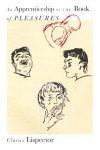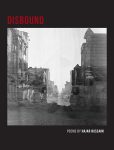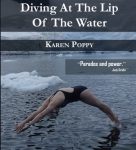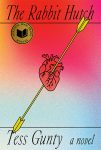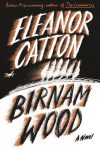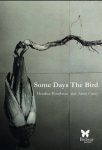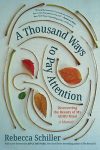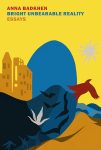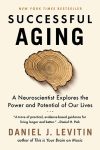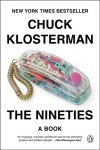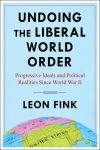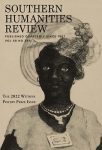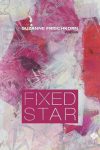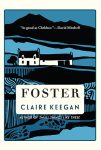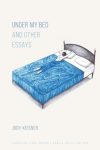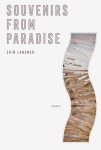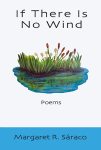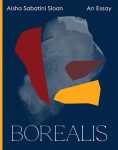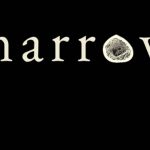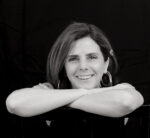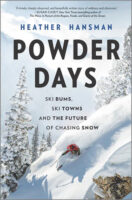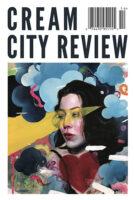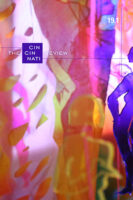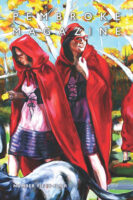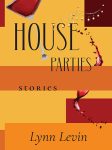
Guest Post by Joy Stocke
In Lynn Levin’s expert hands, House Parties, a collection of twenty beautifully crafted short stories, the mundane actions of daily life are upended and enter the realm of myth. Family relationships, work relationships, and love in its many forms are woven into a narrative laced with pop culture, literary references, wisdom, and wry humor. On a hike in Yosemite, a young man caring for his ailing mother encourages his friends to seek an elusive waterfall and encounters a raven who leads the way. In a nod to Mary Shelley’s Frankenstein and turning the Jewish myth of the Golem on its head, a woman yearning for companionship fashions a meatloaf into a living being. Students rebel against their professors. A young woman perfects the art of grifting, while a millennial couple seeks to rekindle their love in a new housing development. On a remote beach in Puerto Rico, an awkward teenager encounters a band of monkeys. The natural world permeates the collection and illuminates the mysteries that exist just beyond our grasp. For Levin and her rich tapestry of characters, that very mystery offers and delivers the opportunity for transcendence.
House Parties by Lynn Levin. Spuyten Duyvill Press, May 2023.
Reviewer bio: Joy E. Stocke is the author of numerous books and articles. She has edited and published works of fiction for more than 30 years.


